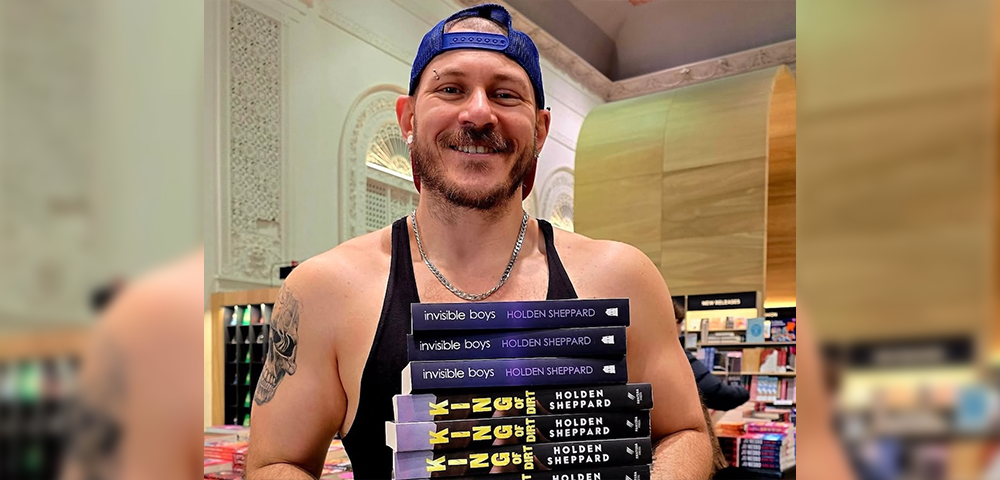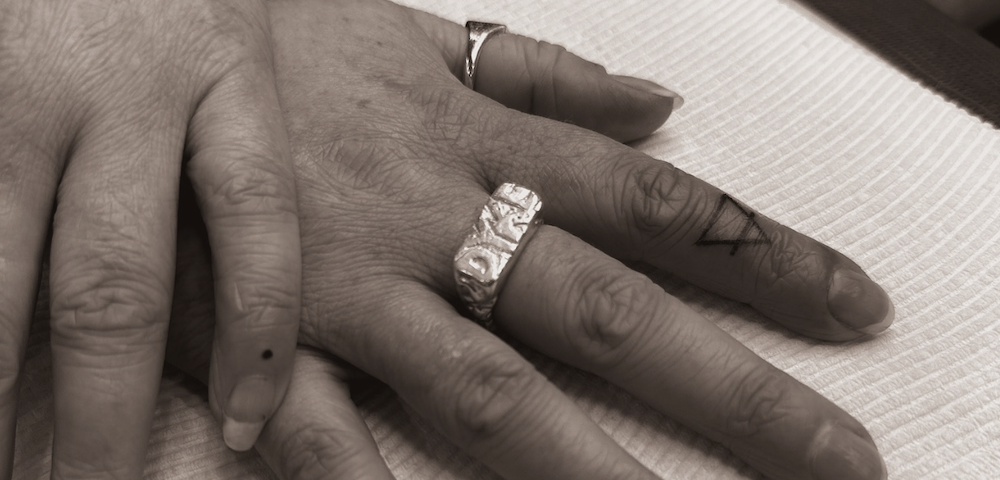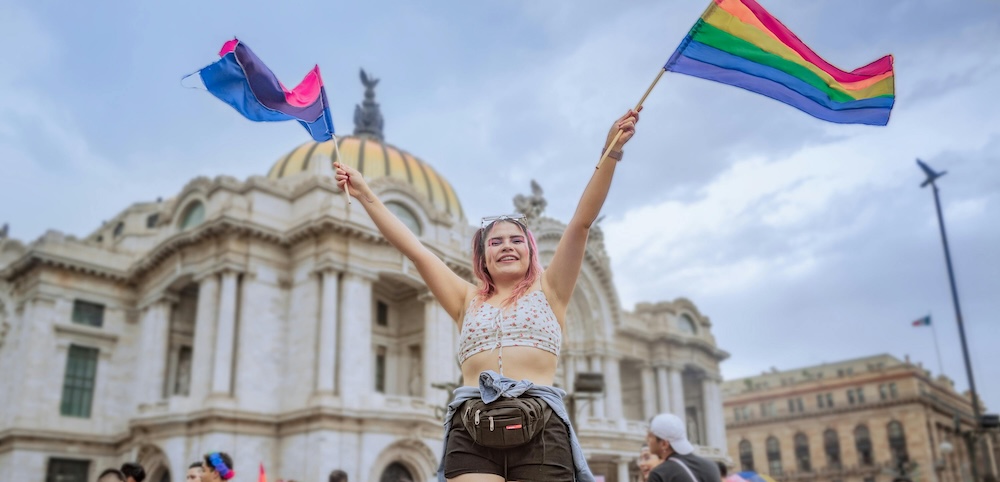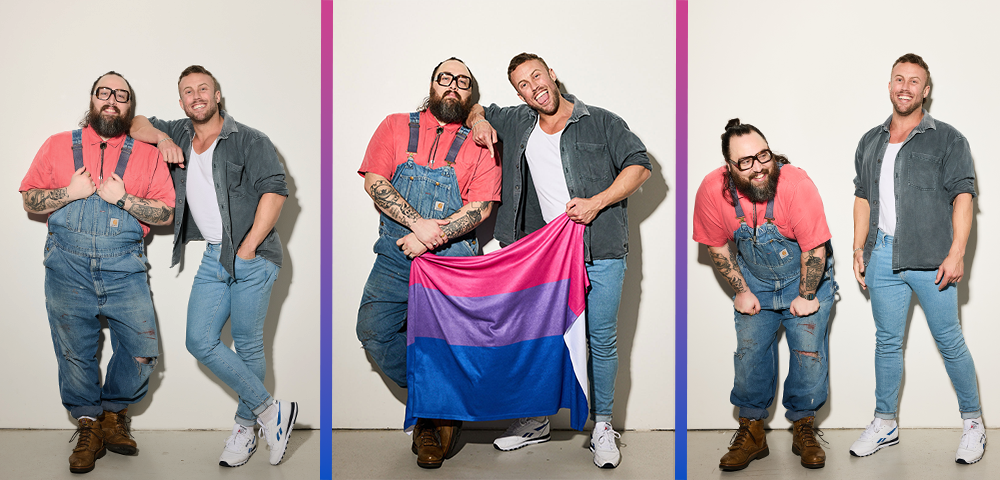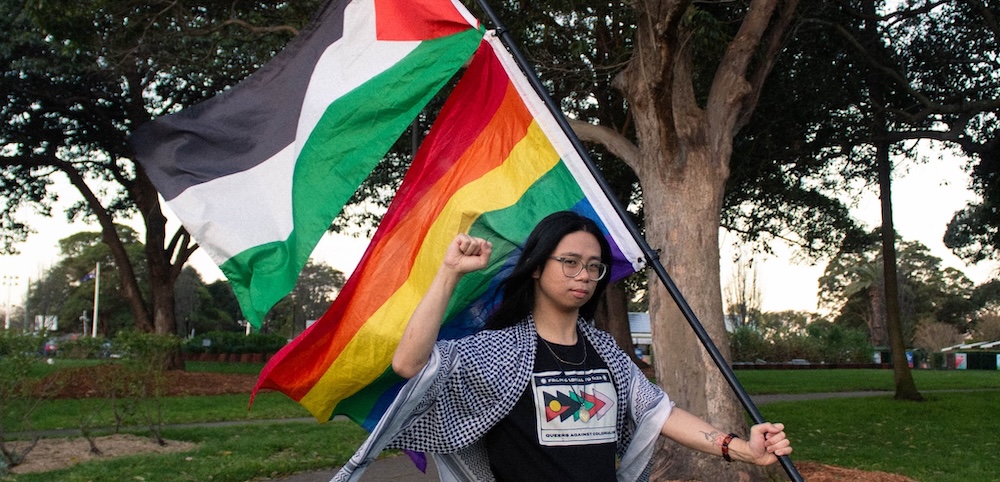
Why LGBTI Australians shouldn’t accept limited paths to marriage equality

IN 2016 the Turnbull Government managed to convince key MPs, advocates, and journalists who support marriage equality that a plebiscite was the only way forward on marriage equality.
They accepted the Turnbull Government’s line that it was “a plebiscite or nothing”.
Other advocates, including myself, spent much of the year making the opposite case.
When those who swallowed the Government’s line said Turnbull was locked in to a plebiscite because of a deal with right wingers we pointed out that Liberal back benchers, opposition parties, and cross benchers could still work together to move the issue forward.
For example, they could introduce a co-sponsored bill to prompt another government party room debate on a free vote, or they could suspend standing orders to bring on a vote and then cross the floor.
We pointed to the fact that only a handful of Liberals need to cross the floor in both houses to get legislation through.
We pointed to the Senate where non-government members have the numbers to begin the debate, away from the leadership clashes and deeper partisanship of the Lower House.
Again and again, we said the choice between “a plebiscite or nothing” was a false choice and there were other ways forward.
Many of those people who were resigned to the inevitability of a plebiscite scoffed at all this.
They couldn’t conceive of backbenchers or the Senate taking the lead, even though the history of the Australian marriage equality debate shows change has always come from below.
In their view the only meaningful agent of change was the Prime Minister, as if he is some kind of king.
At the time I wrote, not with a little frustration, that they seemed to lack political imagination
Now, all that has all changed.
With Christopher Pyne talking up the possibility of marriage equality under this Government, and reports of backbenchers Dean Smith and Trent Zimmermann, drafting legislation, the attention of advocates and commentators has swung from away from what Turnbull can’t do towards what other MPs, including backbench Liberals, can do.
Peta Credlin has warned her other conservative Liberals about the very real possibility of a successful vote this year.
Lane Sainty has examined the different ways such a vote could occur.
David Crowe has summed up the new mood: “parliament decides the law, not the Prime Minister”.
I’m not suggesting for a minute that a plebiscite is dead and gone.
Just as it was foisted on government members in 2015 to head off the possibility of them adopting a free vote, so it could be resurrected to head off the push to have a vote later this year.
If the plebiscite does return it will probably be in the form of Peter Dutton’s rigged postal vote or a non-compulsory plebiscite held on election day.
Both could be conducted without the Senate’s approval, unlike last year’s plebiscite proposal.
The groups that campaigned against a plebiscite last year are preparing for a campaign against a postal vote or an election-day vote, should one be needed.
For example, Parents and Friends of Lesbians and Gays commissioned an opinion poll from Galaxy research on the issue.
It found support for a plebiscite has slid to 27%, with only 14% support for a postal vote and 13% for an election day vote.
Knowing the Australian public is behind us, we are preparing to fight against a renewed push for a plebiscite.
But regardless of whether we might still have a plebiscite, the point is there are Government members forging a better path forward, a path many people dismissed a pipe dream just a few months ago.
There is an important lesson in this for the LGBTI community and our supporters.
We should not accept the limited choices others present to us.
There are always more options than prejudice allows.
We can create our own destiny.
Last year, Equality Campaign director, Tiernan Brady, advised the LGBTI community to resign itself to a plebiscite.
“We don’t get to pick the cards we’re dealt”, he said. “What we do have to do is make sure that we win them.”
That couldn’t have been further from the truth. The cards had not been dealt. We worked with the Senate and backbenchers across all parties to make sure we got a better deal.
This matters now because we could soon face another difficult choice about the path forward on marriage equality.
It’s quite possible some Liberals, in return for their support for marriage equality, will insist on anti-discrimination exemptions allowing LGBTI people to be refused wedding services.
I’m not talking about an exemption for ministers of religion. That is a given.
I’m talking about exemptions for civil celebrants, commercial businesses and even marriage registrars.
Like the plebiscite, these exemptions will be morally unacceptable to the majority of marriage equality supporters.
But like the plebiscite, they will be sold to us as the only way forward on marriage equality.
When you hear advocates, MPs or commentators say we have no choice but to accept the latest compromise, remember how we said “no” to compromise in 2016 and marriage equality moved forward anyway.
Remember how we created our own destiny, and have faith we can do it again.




